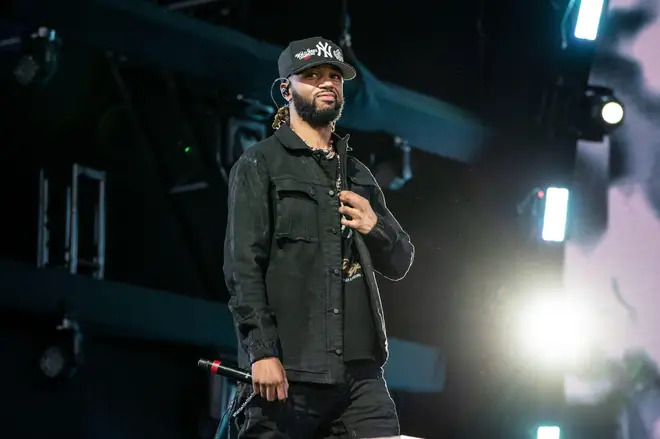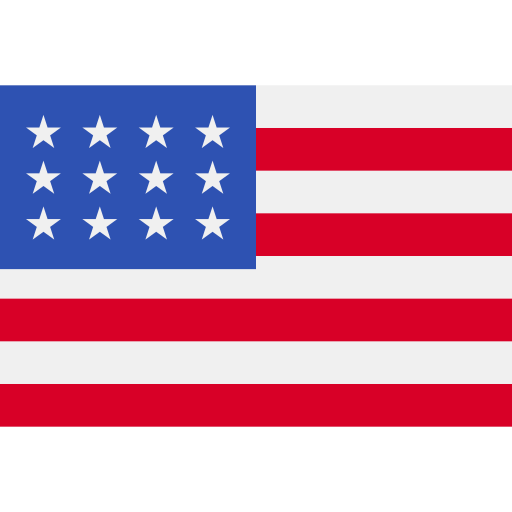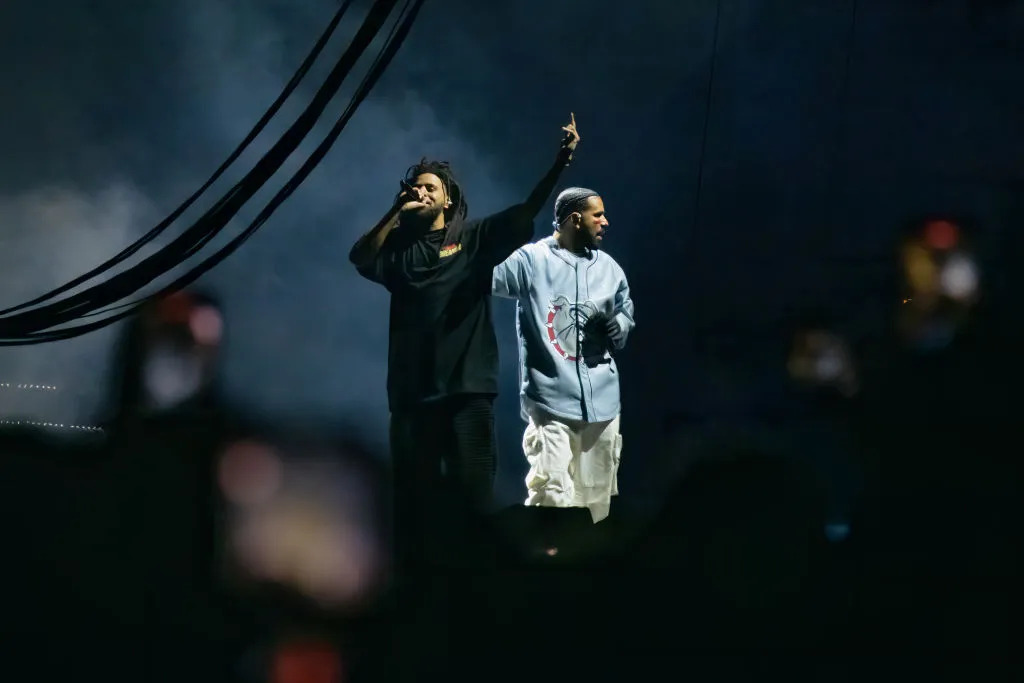Pathostheatre News
Drake’s Reaction to J. Cole Addressing the Kendrick Lamar Beef
The History Behind J. Cole and Kendrick Lamar’s Rivalry
In hip-hop culture, feuds and rivalries are not uncommon, often fueling competition and pushing artists to deliver better music. The tension between J. Cole and Kendrick Lamar was no different. For years, fans speculated about the underlying beef between these two lyrical giants, despite their mutual respect. The feud, though never publicly explosive, brewed for years as subtle jabs and competitive bars hinted at an unspoken rivalry. It wasn’t until J. Cole’s latest track “Port Antonio” that he explicitly addressed the situation. By reflecting on his decision to pull back from escalating the feud, Cole revealed deeper motivations, including concerns over media manipulation and the preservation of relationships in an increasingly competitive industry. This reflection highlights how even in hip-hop, where competition is celebrated, the stakes of personal connections remain significant.

The rivalry between J. Cole and Kendrick Lamar was fueled by their rise to fame during the same period, with both being heralded as voices of their generation. Kendrick’s 2013 “Control” verse, which called out numerous rappers (including J. Cole), ignited more speculation, but neither artist ever allowed the tension to escalate into full-blown animosity. Instead, they remained at the top of their game without overtly tearing each other down, making their rivalry one defined by respect and restraint rather than hostility.
J. Cole’s Recent Apology and Reflections on the Beef
On his new track “Port Antonio,” J. Cole delves into the complexities of his rivalry with Kendrick Lamar, offering an apology and explaining why he chose to step away from their competition. In his lyrics, Cole admits that the feud was heading toward a dangerous direction where fans and media outlets were craving conflict and controversy, rather than focusing on the music itself. He reflects on how easily such tensions could escalate into something damaging, not only for him and Kendrick but for the broader hip-hop community.
Cole’s verse, “I pulled the plug because I seen where that was about to go, they wanted blood, they wanted clicks to make they pockets grow,” exposes the toxic nature of media narratives, which often sensationalize conflict for profit. Instead of engaging in a battle for dominance, Cole chose to walk away, prioritizing his integrity and relationships over fueling an unnecessary feud. His apology to Kendrick Lamar suggests that he regretted even entertaining the idea of competitive jabs, recognizing that his ego and pride could have led to the loss of a valuable relationship.
Drake’s Reaction: A Sign of Mutual Respect
Drake, a close collaborator of both J. Cole and Kendrick Lamar, showed his approval of Cole’s decision to address the feud when he “liked” J. Cole’s post on Instagram. While a simple “like” may seem insignificant, in the context of hip-hop culture, it can symbolize an artist’s tacit endorsement or agreement. Drake’s action indicates that he respects Cole’s transparency and decision to prioritize relationships over conflict. Drake himself has navigated various public feuds throughout his career, most notably with Pusha T and Kanye West, and understands the pitfalls that can arise from such rivalries.
Drake’s public acknowledgment of J. Cole’s introspective lyrics also signifies the mutual respect the two artists have shared over the years. Both have risen to the top of the rap world without becoming embroiled in damaging feuds with each other, instead choosing to collaborate, as seen during performances at Dreamville Festival. Drake’s approval can be viewed as his way of supporting the positive message that Cole’s lyrics conveyed: that sometimes, stepping back from conflict is the stronger move.
The Impact of Kendrick Lamar’s Silence on the Feud
Interestingly, throughout the history of his alleged rivalry with J. Cole, Kendrick Lamar has remained largely silent. His lack of direct responses or engagement with the feud has been a strategic move that has allowed him to remain above the fray. Kendrick’s approach to rap battles and conflicts has often been more about letting his music speak for itself, rather than engaging in public spats. His verse on “Control” is an example of how he manages to challenge the competition without getting bogged down by individual beefs.

Kendrick’s silence can be interpreted in many ways, but it has undoubtedly allowed him to maintain an air of mystique and focus on his craft. By not responding to every jab or potential feud, Lamar has solidified his position as a serious artist who values the quality of his music over petty rivalries. This has, in turn, elevated his status within the hip-hop community, making him an untouchable figure who prefers to let his art, rather than his words, do the talking.
The Broader Implications for Hip-Hop: Rivalries and Growth
The dynamic between J. Cole, Kendrick Lamar, and Drake showcases an evolution in how modern hip-hop handles rivalries. In the past, feuds between artists like Tupac Shakur and The Notorious B.I.G. led to tragic outcomes, demonstrating the dangers of unchecked animosity in the music industry. However, today’s generation of rappers seems more aware of the consequences of these feuds, often opting to either diffuse tensions or channel them into competitive, yet respectful, music.
J. Cole’s decision to address his rivalry with Kendrick Lamar with honesty and self-reflection marks a shift in how beefs can be handled. Instead of allowing media narratives to shape their stories, artists like Cole are taking control, offering apologies when necessary and prioritizing their personal values. The fact that Drake responded positively to Cole’s reflections only reinforces this trend. In today’s hip-hop landscape, rivalries can still exist, but they don’t need to result in destruction. Instead, they can fuel growth, self-awareness, and ultimately, stronger music.
From Pathostheatre


